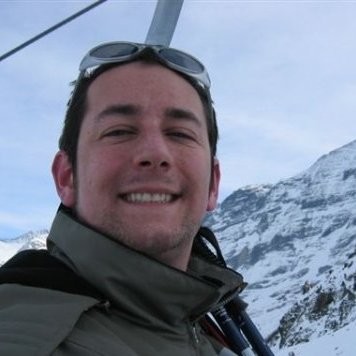How Does a CRO Programming Career Stack Up?

After having spent 15 years in the pharmaceutical industry, in May of 2018, I decided to explore new horizons and took the lead of the newly created Basel statistical programming team at Cytel. Building a new team in an exciting environment and being part of a successful story was the challenge I was looking for. In this blog, I will share my perspectives on what a sponsor programmer might expect when moving into a CRO role, and some of the differences and similarities of working within the two environments.

Streamlined Processes
One surprise for me, was that after only a few days of joining Cytel, I was up and running and able to access all internal tools and knowledge of company processes. Big pharma companies tend to have a vast number of internal tools, for both clinical and non-clinical activities, as well as many processes and guidelines covering a large range of roles and responsibilities across different line functions. Gaining familiarity with these tools and processes can be extremely time-consuming. Efficient CRO companies tend to simplify tools and processes. Because Cytel has multiple and diverse clients, tools and processes have to be flexible enough to guide the team, while covering all aspects of the requirements to achieve a task.
Focus on Adding Value
Working within Cytel empowers you to use your common sense and personal expertise in dealing with the situations, as well as focus on high added value activities. Facing a challenge? Be pragmatic and move forward. You need to react quickly to meet the timelines (and the budget!).
Broad Exposure
Within a large sponsor organization, you tend to support or lead one project/study in a specific therapeutic area or clinical development phase. At Cytel, you are exposed to a huge range of studies from early phase to post-marketing across multiple therapeutic areas. In addition, you have the opportunity to gain experience with various sources of data formats and produce various type of outputs. This means that the CRO programmer needs to have a high technical expertise in several fields (CDISC, statistical analyses, SAS and others (R, Spotfire for example)) .

Speaking the Same Language
Working in a large pharma company, a programmer is often part of a clinical team and so you regularly have to put yourself in someone else shoes and explain programming challenges to non-programmers. As a programmer at Cytel, the communication is more direct. We all speak the same language!
The Common Ground
Having worked in the past with CROs as vendors, I now find myself on the other side of the fence. While there are differences in the experience of working within a CRO vs pharma, there are also many aspects that are the same. We all aim to achieve the same goals, working collaboratively to deliver new, effective drugs to patients. Producing high-quality outputs in a timely manner is common to both the CRO and pharma worlds. To achieve these results, a common set of skills are necessary: organization and planning, agility, leadership, and use of standards. Last but not least, being accountable and responsible for the delivery you are leading or supporting really makes the difference. This is one of the greatest keys for success, whichever side of the sponsor/ CRO fence you are on.
About the Author

Nassim Sleiman, MS, is Associate Director, Statistical Programming within Cytel's project-based services group and has extensive experience working within the pharmaceutical industry. He brings more than 15 years of statistical programming experience in both early and confirmatory development. At Cytel, he manages the Basel statistical programming team, supports reporting activities for various clients across multiple therapeutic areas, and contributes his CDISC expertise.
Prior to joing Cytel, Nassim held various positions from statistical programmer to associate director at Novartis. His skills include project management, SAS expertise in clinical study data reporting, data integration, and documentation review.

